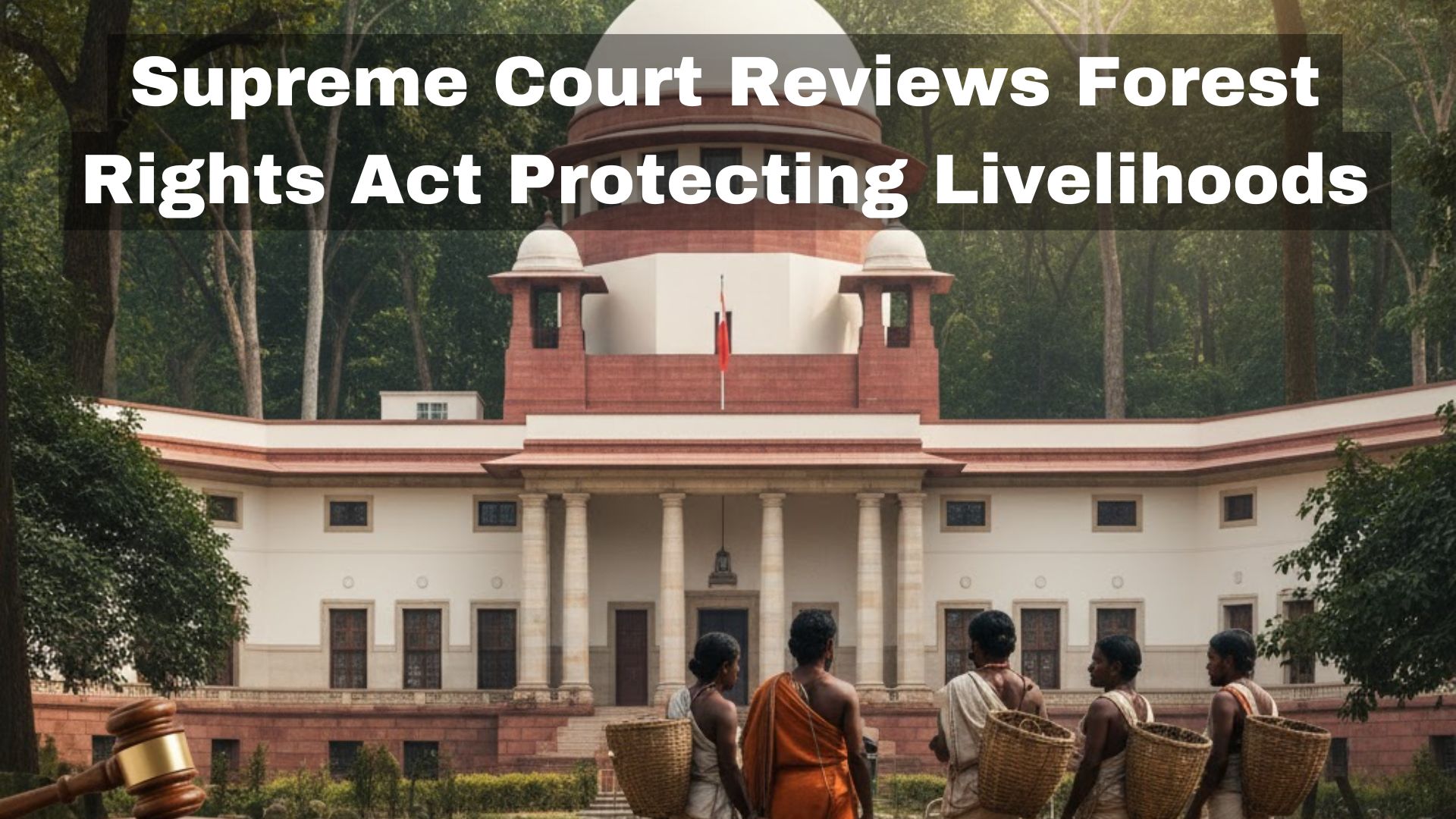A.S. Bains, J.@mdashBharat Singh Appellant was convicted and sentenced u/s 5 of the Explosive Substances Act, to undergo rigorous
imprisonment for four years by the learned Sessions Judge, Rohtak. He has challenged his conviction and sentence.
2. The prosecution case as unfolded by Raghbir Singh, A.S.I., P.W. 5 is as under:
3. Raghbir Singh, A.S.I., S.H.O. Police Station Meham, accompanied by some police officials Basti Ram, Head Constable and others, Ram Phal,
P.W. 3 and Maha Singh, P.W. 4 went to the village of the Appellant. When they reached near the house of the Appellant in village Bhaini Surjan, a
person was seen coming out of the house of Bharat Singh Appellant who was intercepted and he gave his name as Bharta, son of Sundu. The
Appellant was apprehended and was interrogated by Raghbir Singh, A.S.I. He made the disclosure statement which is Ex. PD that he had kept
concealed one Dabba containing hand grenades near the beams in the wall of the Northern-Eastern Kotha of his residential house and could get
the same recovered. A statement was recorded which was attested by Ram Phal, P.W. 3 and Maha Singh, P.W. 4 The Appellant then led the
police party to the place of concealment and got recovered three hand grenades and three fuses which were taken into possession,--vide Memo
Ex. PE. A case was registered against the Appellant at Police Station, Meham. The incriminating material was sent to the Deputy Controller of
Explosives, North Circle, Agra and on a report it was found that these were hand grenades. The Appellant was prosecuted and convicted as
aforesaid.
4. The Appellant was examined u/s 313 of the Code of Criminal Procedure and denied his complicity in the crime and pleaded innocence.
However, he also produced seven witnesses in defence.
5. The learned trial Court convicted the Appellant on the testimony of A.S.I. Raghbir Singh, P.W. 5, Ram Phal, P.W. 3, Maha Singh, P.W. 4 and
Mr. P.N. Agnihotri, Deputy Controller Explosives, P.W. 1. Mr. Goyal, learned Counsel for the Appellant urged that the ingredients of Section 5 of
the Explosive Substances Act are not proved in the present case as there is no evidence on the record to show that the Appellant had these hand
grenades in his possession or under his control for a purpose other than the lawful object. The evidence produced by the prosecution was that the
incriminating material was found in his possession and the recovery was made at his instance from his house. Section 5 of the Explosive Substances
Act is in the following terms:
Any person who makes or knowingly has in his possession or under his control any explosive substance, under such circumstances as to give rise
to a reasonable suspicion that he is not making it or does not have it in his possession or under his control for a lawful object, shall, unless he can
show that he made it or had it in his possession or under his control for a lawful object, be punishable with transportation for a term which may
extend to fourteen years, to which fine may be added, or with imprisonment for a term which may extend to five years, to which fine may be
added.
6. From the plain reading of this section, it is clear that to substantiate the charge under this section two things must be proved. Firstly that the
explosive substance was in conscious possession and secondly that the possession or control was as to give rise to a reasonable suspicion that he
is not making it or does not have it for a lawful object. In the present case, the prosecution has only proved that he was keeping grenades in his
possession, but the second ingredient has not been proved that he was keeping it for using the same for an unlawful purpose. Even A.S.I. Raghbir
Singh, P.W. 5 has not stated that the Appellant was keeping it for an unlawful purpose. In similar circumstances Patna High Court in Rajani Kanta
Mandal Vs. The State of Bihar, , relying on a judgment of House of Lords in R. v. Hallam (1957) 1 All E.L.R. 665, observed as under:
To substantiate a charge u/s 5, Explosive Substances Act, it is not sufficient to prove merely that the accused was in conscious possession of an
explosive substance. The prosecution has further to prove that the incriminating objects were recovered from the possession of the accused in
circumstances giving rise to a reasonable suspicion that he had them in his possession not for a lawful object. If there is no evidence to prove this
the charge u/s 5 is not sustainable against him.
The provision of Section 4(1) of the Explosive Substances Act, 1883, of England is in the following terms:
Any person who...knowingly has in his possession or under his control any explosive substance, under such circumstances as to give rise to a
reasonable suspicion that he...does not have it in this possession or under his control for a lawful object shall, unless he can show that he...does not
have it in his possession or under for a lawful object, be guilty of felony....
7. Section 5 of the Explosive Substances Act, is pari materia in the same words.
8. Otherwise also the evidence in the case produced by the prosecution does not inspire confidence. Ram Phal, P.W. 3 is a stock witness of the
police. He denied to have appeared in any case when a suggestion was put to him, but the Appellant has placed on the record documents Exs. DC
to DG showing that he had appeared as a police witness in five cases. No reliance can be placed on the evidence of such a witness. P.W. 4 Maha
Singh is a witness of another village. No reason is shown by the A.S.I. Raghbir Singh, P.W. 5 as to why he did not associate any of the witnesses
of the village of the Appellant.
9. For the reasons recorded above, I am of the view that the prosecution has failed to bring home guilt to the Appellant beyond any reasonable
doubt. His appeal is allowed. His conviction and sentence recorded by the trial Court is set aside. He is on bail, his bail bonds shall stand
discharged.

